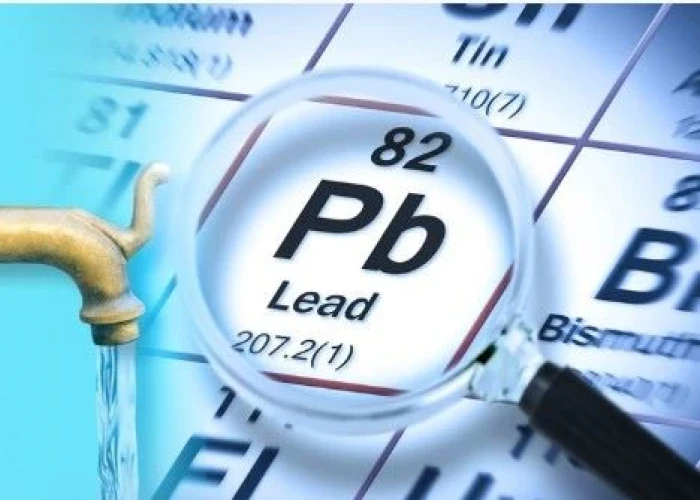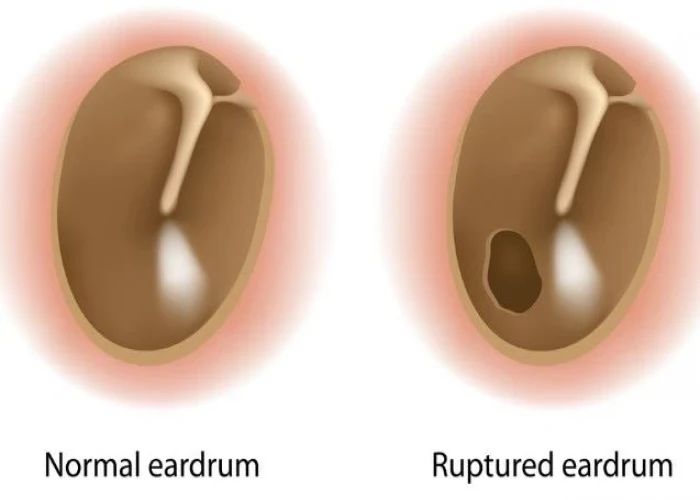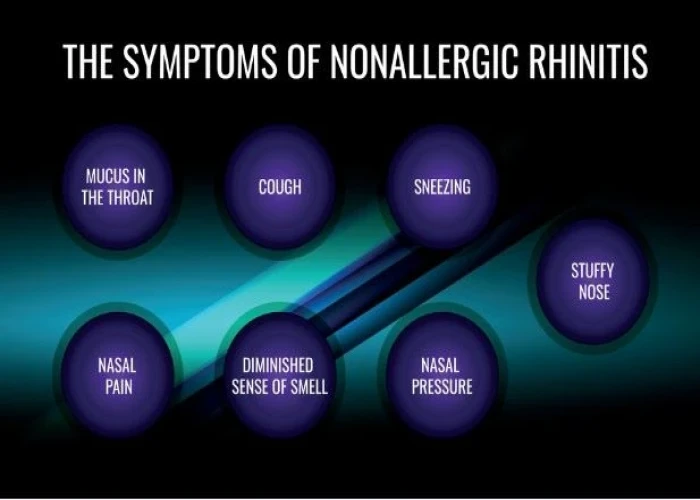 Welcome
Welcome
“May all be happy, may all be healed, may all be at peace and may no one ever suffer."
Crohn's disease

Crohn's disease is a type of inflammatory bowel disease (IBD) that causes chronic inflammation of the digestive tract. It can affect any part of the gastrointestinal tract, from the mouth to the anus, but most commonly occurs in the small intestine and/or colon.
The exact cause of Crohn's disease is unknown, but it is believed to be related to a combination of genetic, environmental, and immunological factors. Symptoms of Crohn's disease can include abdominal pain, diarrhea, weight loss, fatigue, and malnutrition.
There is currently no cure for Crohn's disease, but treatment is available to help manage symptoms and prevent complications. This may include medication to reduce inflammation, control the immune response, and alleviate symptoms, as well as surgery to remove damaged or diseased tissue.
Living with Crohn's disease can be challenging, and it may require significant lifestyle changes, such as adopting a specialized diet, managing stress, and getting regular exercise. With proper management and care, however, many people with Crohn's disease are able to live healthy and fulfilling lives. It is important for individuals with Crohn's disease to work closely with their healthcare providers to develop a personalized treatment plan that addresses their unique needs and goals.
Research Papers
Disease Signs and Symptoms
- Diarrhea
- Delayed growth and development
- Iron deficiency (Anemia)
- Kidney stones
- Inflammation of bile ducts
- Inflammation
- Loss of appetite
- Weight loss
- Mouth sores
- Blood in stool
- Abdomen cramps
- Abdomen pain
- Fatigue (Tiredness)
- Fever
- Nausea or vomiting
Disease Causes
Crohn's disease
The exact cause of Crohn's disease remains unknown. Previously, diet and stress were suspected, but now doctors know that these factors may aggravate, but don't cause, Crohn's disease. Several factors, such as heredity and a malfunctioning immune system, likely play a role in its development.
- Immune system. It's possible that a virus or bacterium may trigger Crohn's disease; however, scientists have yet to identify such a trigger. When your immune system tries to fight off the invading microorganism, an abnormal immune response causes the immune system to attack the cells in the digestive tract, too.
- Heredity. Crohn's is more common in people who have family members with the disease, so genes may play a role in making people more susceptible. However, most people with Crohn's disease don't have a family history of the disease.
Disease Prevents
Disease Treatments
There is currently no cure for Crohn's disease, and there is no single treatment that works for everyone. One goal of medical treatment is to reduce the inflammation that triggers your signs and symptoms. Another goal is to improve long-term prognosis by limiting complications. In the best cases, this may lead not only to symptom relief but also to long-term remission.
Anti-inflammatory drugs
Anti-inflammatory drugs are often the first step in the treatment of inflammatory bowel disease. They include:
- Corticosteroids. Corticosteroids such as prednisone and budesonide (Entocort EC) can help reduce inflammation in your body, but they don't work for everyone with Crohn's disease. Doctors generally use them only if you don't respond to other treatments.
- Corticosteroids may be used for short-term (three to four months) symptom improvement and to induce remission. Corticosteroids may also be used in combination with an immune system suppressor.
- Oral 5-aminosalicylates. These drugs include sulfasalazine (Azulfidine), which contains sulfa, and mesalamine (Asacol HD, Delzicol, others). Oral 5-aminosalicylates have been widely used in the past but now are generally considered of very limited benefit.
Immune system suppressors
These drugs also reduce inflammation, but they target your immune system, which produces the substances that cause inflammation. For some people, a combination of these drugs works better than one drug alone.
Immune system suppressors include:
- Azathioprine (Azasan, Imuran) and mercaptopurine (Purinethol, Purixan). These are the most widely used immunosuppressants for treatment of inflammatory bowel disease. Taking them requires that you follow up closely with your doctor and have your blood checked regularly to look for side effects, such as a lowered resistance to infection and inflammation of the liver. They may also cause nausea and vomiting.
- Methotrexate (Trexall). This drug is sometimes used for people with Crohn's disease who don't respond well to other medications. You will need to be followed closely for side effects.
Biologics
This class of therapies targets proteins made by the immune system. Types of biologics used to treat Crohn's disease include:
- Natalizumab (Tysabri) and vedolizumab (Entyvio). These drugs work by stopping certain immune cell molecules — integrins — from binding to other cells in your intestinal lining. Because natalizumab is associated with a rare but serious risk of progressive multifocal leukoencephalopathy — a brain disease that usually leads to death or severe disability — you must be enrolled in a special restricted distribution program to use it.
- Vedolizumab recently was approved for Crohn's disease. It works like natalizumab but appears not to carry a risk of brain disease.
- Infliximab (Remicade), adalimumab (Humira) and certolizumab pegol (Cimzia). Also known as TNF inhibitors, these drugs work by neutralizing an immune system protein known as tumor necrosis factor (TNF).
- Ustekinumab (Stelara). This was recently approved to treat Crohn's disease by interfering with the action of an interleukin, which is a protein involved in inflammation.
There is currently no cure for Crohn's disease, and there is no single treatment that works for everyone. One goal of medical treatment is to reduce the inflammation that triggers your signs and symptoms. Another goal is to improve long-term prognosis by limiting complications. In the best cases, this may lead not only to symptom relief but also to long-term remission.
Anti-inflammatory drugs
Anti-inflammatory drugs are often the first step in the treatment of inflammatory bowel disease. They include:
- Corticosteroids. Corticosteroids such as prednisone and budesonide (Entocort EC) can help reduce inflammation in your body, but they don't work for everyone with Crohn's disease. Doctors generally use them only if you don't respond to other treatments.
- Corticosteroids may be used for short-term (three to four months) symptom improvement and to induce remission. Corticosteroids may also be used in combination with an immune system suppressor.
- Oral 5-aminosalicylates. These drugs include sulfasalazine (Azulfidine), which contains sulfa, and mesalamine (Asacol HD, Delzicol, others). Oral 5-aminosalicylates have been widely used in the past but now are generally considered of very limited benefit.
Immune system suppressors
These drugs also reduce inflammation, but they target your immune system, which produces the substances that cause inflammation. For some people, a combination of these drugs works better than one drug alone.
Immune system suppressors include:
- Azathioprine (Azasan, Imuran) and mercaptopurine (Purinethol, Purixan). These are the most widely used immunosuppressants for treatment of inflammatory bowel disease. Taking them requires that you follow up closely with your doctor and have your blood checked regularly to look for side effects, such as a lowered resistance to infection and inflammation of the liver. They may also cause nausea and vomiting.
- Methotrexate (Trexall). This drug is sometimes used for people with Crohn's disease who don't respond well to other medications. You will need to be followed closely for side effects.
Biologics
This class of therapies targets proteins made by the immune system. Types of biologics used to treat Crohn's disease include:
- Natalizumab (Tysabri) and vedolizumab (Entyvio). These drugs work by stopping certain immune cell molecules — integrins — from binding to other cells in your intestinal lining. Because natalizumab is associated with a rare but serious risk of progressive multifocal leukoencephalopathy — a brain disease that usually leads to death or severe disability — you must be enrolled in a special restricted distribution program to use it.
- Vedolizumab recently was approved for Crohn's disease. It works like natalizumab but appears not to carry a risk of brain disease.
- Infliximab (Remicade), adalimumab (Humira) and certolizumab pegol (Cimzia). Also known as TNF inhibitors, these drugs work by neutralizing an immune system protein known as tumor necrosis factor (TNF).
- Ustekinumab (Stelara). This was recently approved to treat Crohn's disease by interfering with the action of an interleukin, which is a protein involved in inflammation.
Antibiotics
Antibiotics can reduce the amount of drainage from fistulas and abscesses and sometimes heal them in people with Crohn's disease. Some researchers also think that antibiotics help reduce harmful intestinal bacteria that may play a role in activating the intestinal immune system, leading to inflammation. Frequently prescribed antibiotics include ciprofloxacin (Cipro) and metronidazole (Flagyl).
Other medications
In addition to controlling inflammation, some medications may help relieve your signs and symptoms, but always talk to your doctor before taking any over-the-counter medications. Depending on the severity of your Crohn's disease, your doctor may recommend one or more of the following:
- Anti-diarrheals. A fiber supplement, such as psyllium powder (Metamucil) or methylcellulose (Citrucel), can help relieve mild to moderate diarrhea by adding bulk to your stool. For more severe diarrhea, loperamide (Imodium A-D) may be effective.
- Pain relievers. For mild pain, your doctor may recommend acetaminophen (Tylenol, others) — but not other common pain relievers, such as ibuprofen (Advil, Motrin IB, others) or naproxen sodium (Aleve). These drugs are likely to make your symptoms worse and can make your disease worse as well.
- Vitamins and supplements. If you're not absorbing enough nutrients, your doctor may recommend vitamins and nutritional supplements.
Nutrition therapy
Your doctor may recommend a special diet given by mouth or a feeding tube (enteral nutrition) or nutrients infused into a vein (parenteral nutrition) to treat your Crohn's disease. This can improve your overall nutrition and allow the bowel to rest. Bowel rest can reduce inflammation in the short term.
Your doctor may use nutrition therapy short term and combine it with medications, such as immune system suppressors. Enteral and parenteral nutrition are typically used to get people healthier prior to surgery or when other medications fail to control symptoms.
Your doctor may also recommend a low residue or low-fiber diet to reduce the risk of intestinal blockage if you have a narrowed bowel (stricture). A low residue diet is designed to reduce the size and number of your stools.
Surgery
If diet and lifestyle changes, drug therapy, or other treatments don't relieve your signs and symptoms, your doctor may recommend surgery. Nearly half of those with Crohn's disease will require at least one surgery. However, surgery does not cure Crohn's disease.
During surgery, your surgeon removes a damaged portion of your digestive tract and then reconnects the healthy sections. Surgery may also be used to close fistulas and drain abscesses.
The benefits of surgery for Crohn's disease are usually temporary. The disease often recurs, frequently near the reconnected tissue. The best approach is to follow surgery with medication to minimize the risk of recurrence.
Disease Diagnoses
Disease Allopathic Generics
Disease Ayurvedic Generics
Disease Homeopathic Generics
Disease yoga
Crohn's disease and Learn More about Diseases

Dry eyes

Lead poisoning

Enlarged breasts in men (gynecomastia)

Aortic valve stenosis

Ruptured eardrum (perforated eardrum)

Concussion

Polymyositis

Nonallergic rhinitis
Crohn's disease, Inflammatory bowel disease, IBD treatment, ক্রোনস ডিজিজ
To be happy, beautiful, healthy, wealthy, hale and long-lived stay with DM3S.
